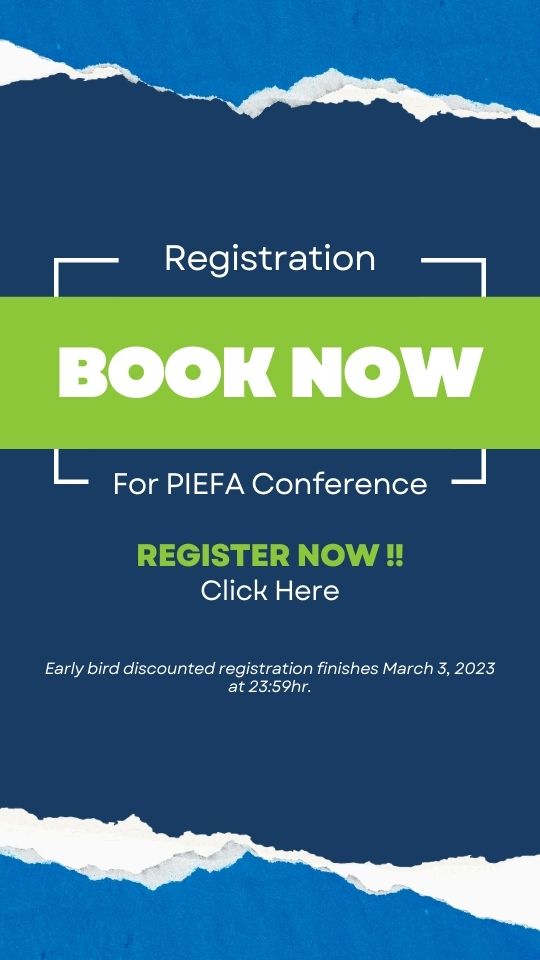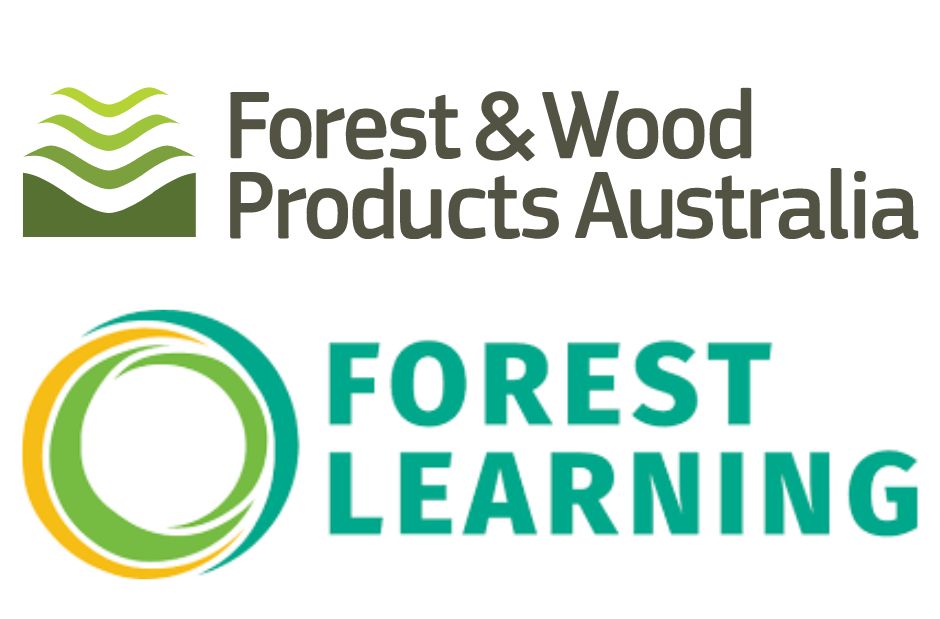It's on again!
PIEFA Conference 2023

We’re excited to be bringing the PIEFA Conference back in 2023!
The PIEFA Conference is designed for educators and industry leaders from Australia and overseas. While we fine tune the details around sponsorship, presenters and exhibitors, please register to stay up-to-date.
We’re excited to be bringing PIEFA Conference back in 2023!
Held at Realm Hotel, Canberra on May 1 and 2, 2023, PIEFA Conference will bring together leaders from industry, government and education to present and workshop with our community on: Growing the NextGen of Food and Fibre Education.
It’s a 2-day conference that will include keynote presentations, interactive workshops, lightning presentations, panel and Q&A sessions.
- Educators will discover practical tips and information to confidently implement food and fibre content in their classroom.
- Industry representatives will be inspired by connecting with leaders in the agricultural education sector.
- Government representatives will experience, first-hand, the value of food and fibre education.
Discover. Innovate. Connect.
Delegate registration is OPEN NOW, with a discounted early bird rate of $550 (including GST). Accommodation and social events can be booked at the time of conference registration through the same online portal.
Find out more below.
Keynote speeches, workshops and lightning sessions will address the following conference themes:
THEME 1 | The Future of Primary Industries
THEME 2 | Innovation in Food and Fibre
THEME 3 | Successes and Innovation in Education
THEME 4 | Careers and Workforce in Primary Industries
GET INVOLVED!
CONFERENCE PROGRAM
SPEAKERS | PRESENTERS

LIGHTNING SESSIONS

HOST A WORKSHOP

ACCOMODATION

SOCIAL FUNCTIONS

EXHIBITORS
Silver Sponsors
Bronze Sponsors
Other Sponsors
Other Sponsors
Get Involved
Will you help change the future of agriculture?
Support ag studies & food and fibre education across all grades of Australian school.
Get our free resources
Sign up for new resources, teaching tools & food / fibre educational materials!



















